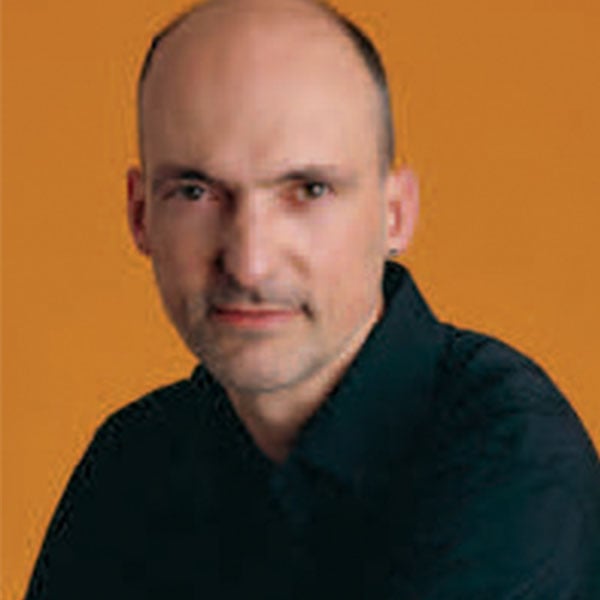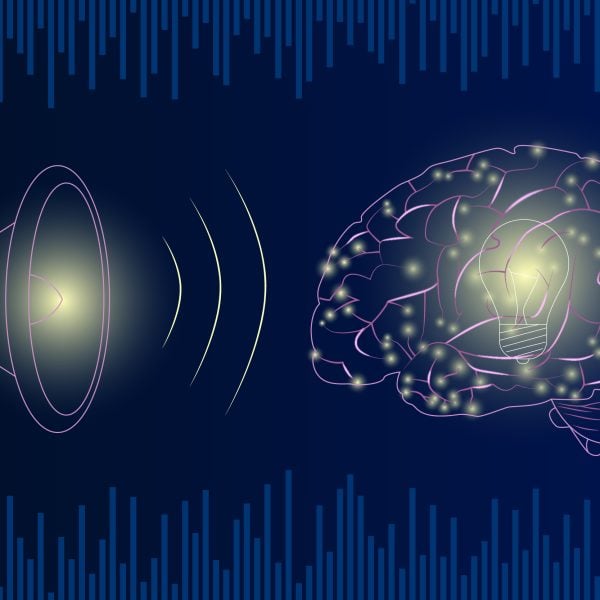Research Interests
We want to understand how our experience of and interaction with the world shapes our brains and thus who we are. We are therefore investigating key questions of how neuronal circuits in the mammalian cortex function and develop.
Animal and human communication uniquely depend on experience to learn which sound features are behaviorally relevant and which ones can be ignored. Our brains are uniquely adapted to solve quintessential survival problems that face an individual in its daily life. Thus, our brains must both accurately represent (encode) stimuli in the outside world and use that representation to generate appropriate behavioral actions. The sensory representation of the environment is established during early development and is further shaped by early life experience. Thus, to understand brain function we must understand how the brain circuitry adapts to its environment.
We apply engineering and systems neuroscience approaches to these crucial questions. We investigate the circuits present in the developing and adult brain, their function, and their influence of brain development and plasticity. One focus is on probing the response of the brain to sensory stimuli and the other is to analyze the function of small sub-circuits in detail. We are particularly interested in circuits that underlie the formation of the functional architecture of the auditory cortex and circuits underlying plasticity in both the very young (fetal and neonatal) and adult brain.
We use many different in vivo and in vitro approaches such as in vivo 2-photon Ca imaging, holographic optogenetic stimulation, patch clamp recordings, multi-electrode recordings, laser-scanning photostimulation, automated behavioral assays, etc.
Titles
- Professor, Biomedical Engineering
- Academic Program Co-Director, Biomedical Engineering PhD Program
Affiliated Centers & Institutes
Education
- Postdoctoral Fellowship, Neurobiology, Harvard Medical School, 2000-2005
- PhD, Biomedical Engineering, Johns Hopkins University, 2000
- Dipl.Ing. (MSE), Electrical Engineering, Technische Universität Berlin, Germany, 1994
Recent Highlights
-
January 4, 2023Johns Hopkins Medicine researchers say they found that old mice were less capable than young mice of “turning off” certain actively firing brain cells in the midst of ambient noise.
-
December 19, 2022A team of researchers from Johns Hopkins have shown that a new microscopy technique can capture dynamic 3D images of an entire zebrafish larvae while maintaining cellular resolution in all three dimensions.
-
February 15, 2021Study in newborn mice suggests sounds influence the developing brain earlier than previously thoughtThrough experiments in newborn mice, scientists at Johns Hopkins report that sounds appear to change “wiring” patterns in certain areas of the brain earlier than scientists assumed and even before the ear canal opens.


